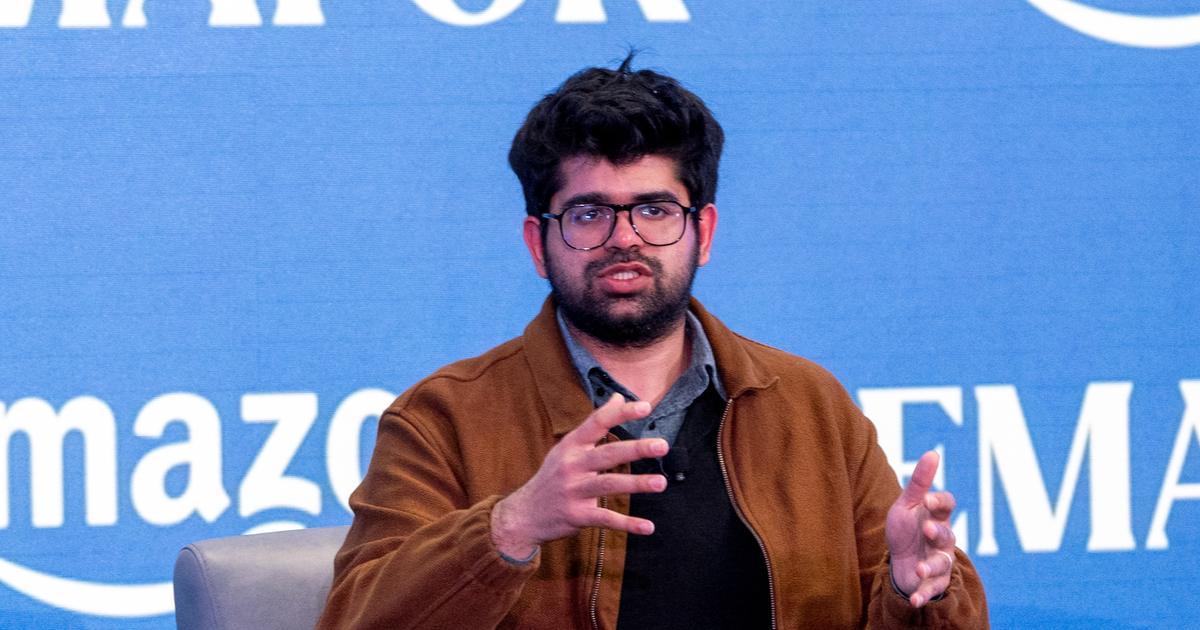Perplexity, an AI search startup that became one of the first popular consumer products in the generative AI era, announced a new revenue sharing agreement Tuesday with major media brands, including Fortune, Der Spiegel, and Time.
The Perplexity Publishers Program will distribute revenue to media outlets when their content appears next to ads that the San Francisco startup says it plans to launch in the coming months.
The publisher program was first reported by Semafor last month, when the company was under intense scrutiny for the way it credited publications for content displayed in Perplexity search results.
Forbes accused Perplexity of failing to provide proper citations in a summary of its investigative article about former Google CEO Eric Schmidt. Later, Wired alleged that Perplexity had surreptitiously scraped content from news sites using alternative IP addresses.
Wired reported that Amazon, which hosted the allegedly nefarious IP addresses, was investigating whether the startup violated its policies. Perplexity says the Amazon investigation found it did nothing wrong. An Amazon spokesman did not respond to a request for comment. Amazon founder Jeff Bezos is an investor in Perplexity. Wired declined to comment.
After the original allegations from Forbes, Perplexity engineers worked around the clock to change the way its pages are laid out, displaying more prominent citations from publishers, Semafor reported earlier.
Those changes did little to quell a wave of intense criticism from media companies and reporters, many of whom took to X to express their displeasure with the startup.
Dmitry Shevelenko, Perplexity’s chief business officer, told Semafor that some publishers dropped out of the partnership program after the reporting from Forbes and Wired. Those firms, he said, were particularly concerned about internal revolts from staff who might disagree with the strategy.
“We were basically a month away from announcing the program before the Forbes and Wired stuff hit. And so there were four or five that were almost there and decided to just wait for the second wave,” he said.
Shevelenko said that Perplexity had to convince publishers like Time, Fortune and Der Spiegel that it was a good faith actor, and that the allegations against it came down to a misunderstanding.
He also said that Amazon Web Services opened up a ticket after Wired’s allegations, but quickly found that Perplexity had not crawled any websites without permission.
Wired’s article found two main issues: First, pasting headlines of its articles into Perplexity sometimes yielded information about those stories, despite the fact that Perplexity wasn’t supposed to have access to Wired.com.
One explanation, alluded to in the Wired article, is that stories from Wired and other publishers get aggregated and quoted all over the internet and sites like Reddit, so Perplexity’s crawlers can get snippets of them without ever visiting Wired.
The second issue Wired found was that Perplexity used a “secret IP address” to visit a website it wasn’t supposed to access when that URL was pasted directly into the search engine with a prompt like “summarize this web page.”
Shevelenko said the company used one IP address for proactively crawling the web. But when users pasted an IP address directly into Perplexity’s search engine and asked it to go find that web page, it was an entirely different process that the company says does not fall under the definition of “crawling.” In those circumstances, other IP addresses were used.
After the Wired story, Perplexity voluntarily disabled that functionality, so even if a user pastes a specific URL into the search window, Perplexity will not visit the site if it has a “do not crawl” request.
Last week, ChatGPT creator OpenAI announced its own search experiment, dubbed SearchGPT. The company inked partnerships with big media brands ahead of the launch, saying that it hoped to drive traffic back to publishers’ web sites with prominent citations for source content that appears in search results.
Those partnerships do not appear to include revenue sharing agreements, however. An OpenAI spokeswoman did not respond to a request for comment.





